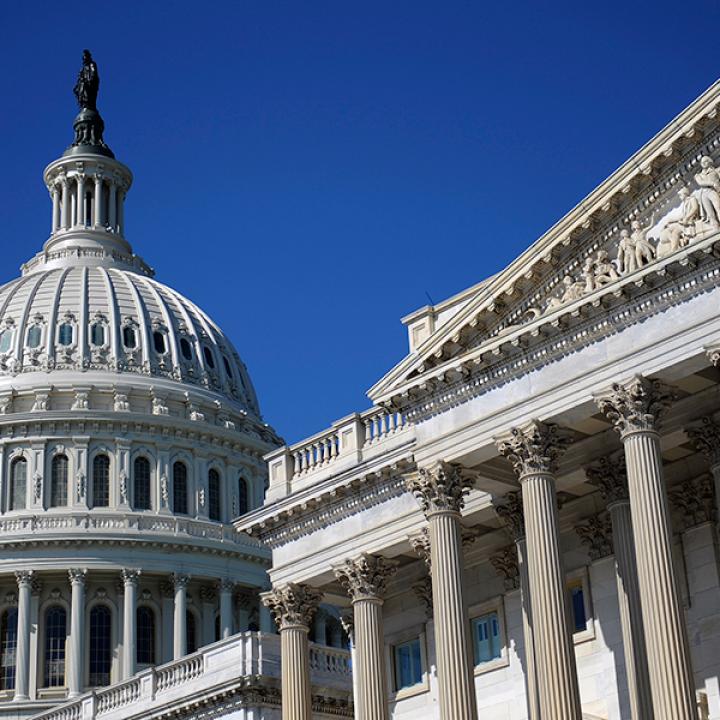

A former National Security Council director outlines the three pillars on which Washington can build a policy of curbing Iran's more destabilizing regional ambitions.
The following is an excerpt from Mr. Singh's prepared remarks. Download the PDF to read his full testimony.
Speculation regarding the new U.S. administration's policy toward Iran often begins with the question of whether it will keep or scrap the Joint Comprehensive Plan of Action, as the nuclear deal between Iran and the P5+1 countries is formally known. This, however, would be the wrong question with which to begin crafting a new Iran policy. To start from this premise would be to perpetuate a central mistake of the Obama administration: for eight years, the United States has viewed Iran policy through the lens of the nuclear negotiations; it should now instead see the nuclear issue through the lens of broader Iran policy. Although Iran's policies are far from the only problem confronting America in the Middle East, they are arguably the most important, and contribute in material ways to many others: Iran's efforts to project power have destabilized Lebanon, prolonged the Syrian civil war, and fueled resentment among Arab Sunnis and the rise of jihadist groups like the Islamic State...
Senate Foreign Relations Committee




